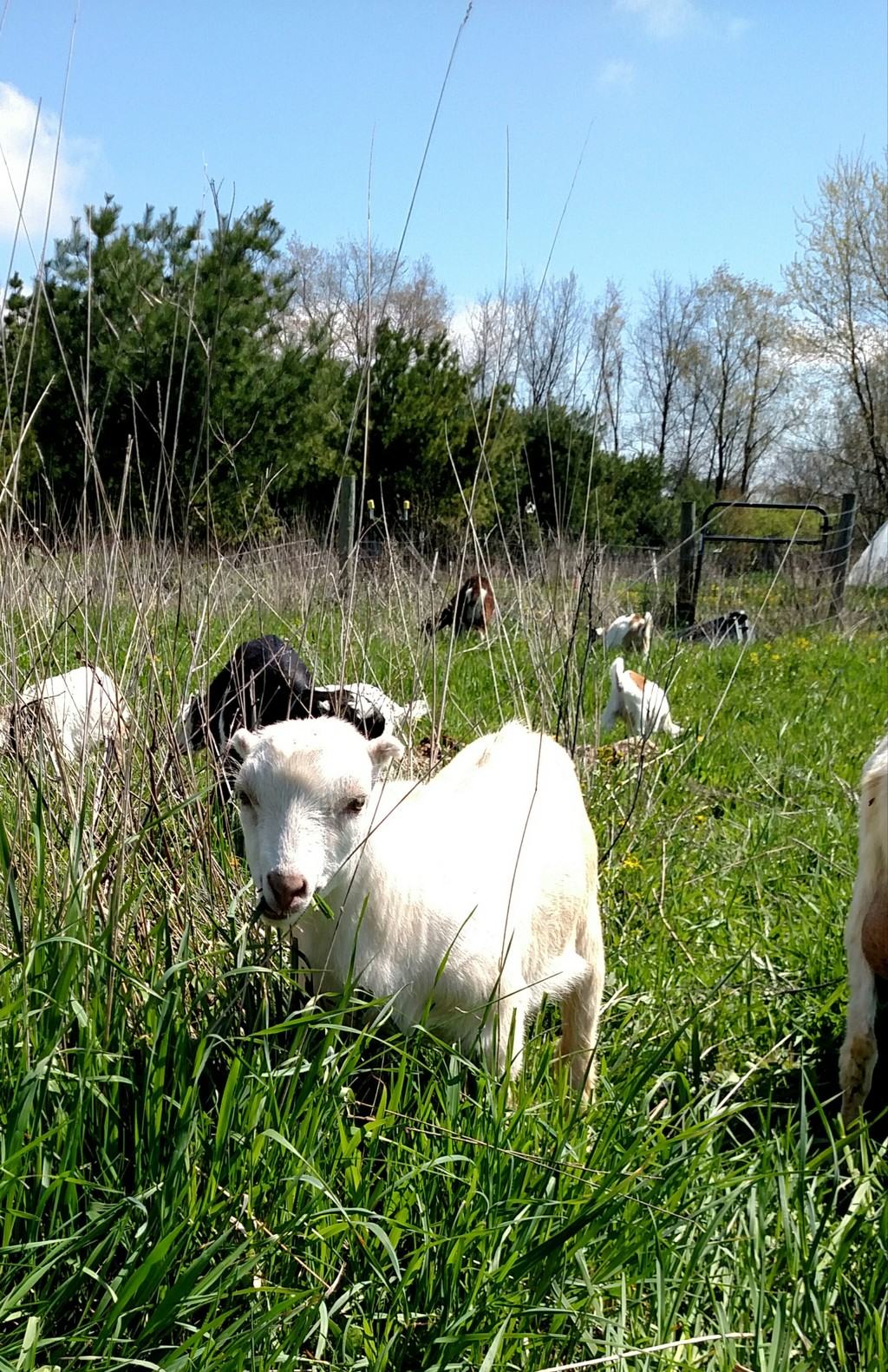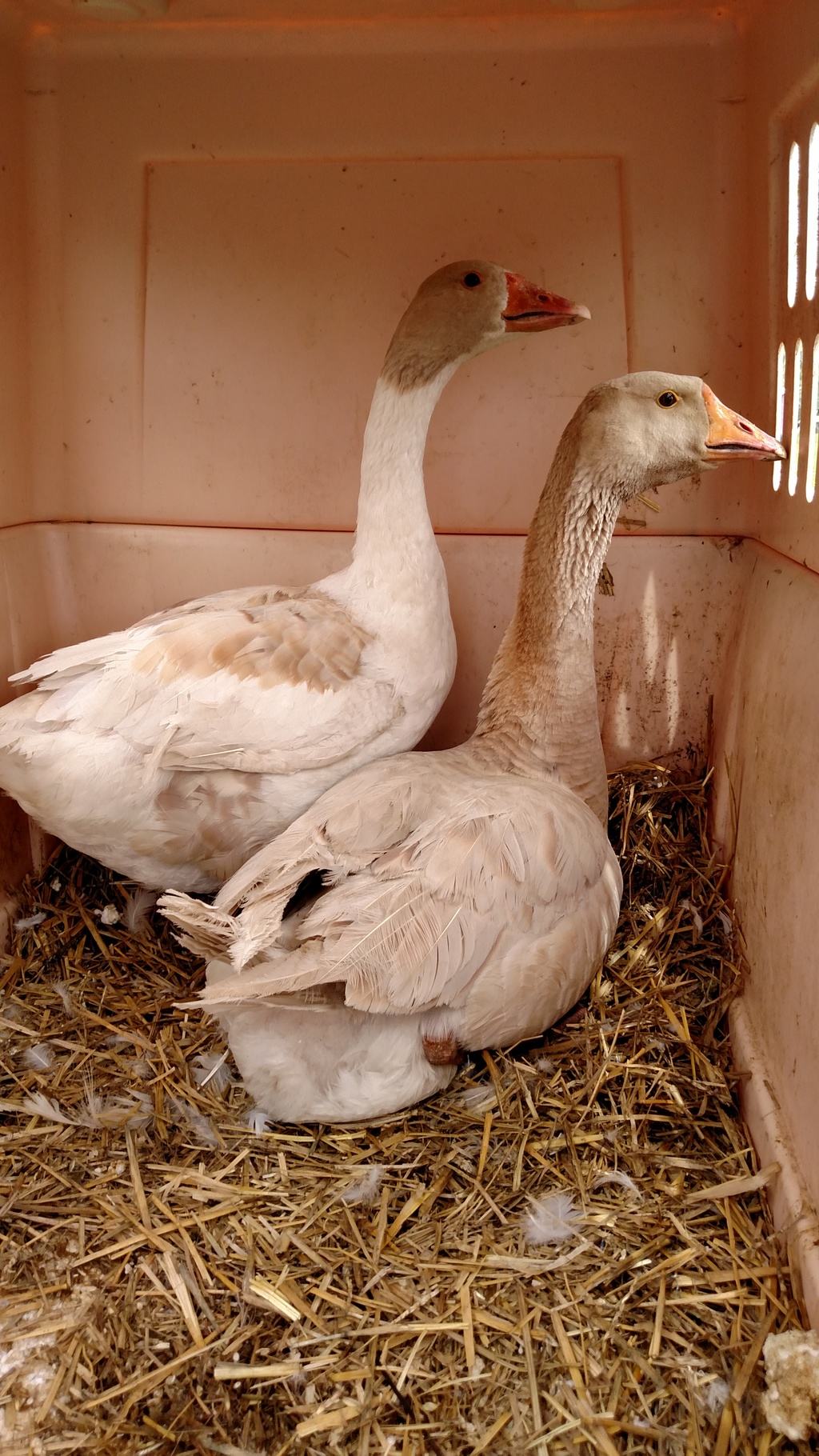You may be aware that the House and Senate Agricultural Committees are going to be submitting the Farm Bill to the supercommittee that was formed after this summers manufactured budget crisis. This is something they’ve been trying to do in quiet – because the bill will have effect for five years, and typically, it would come up for debate and discussion. Not so with the supercommittee in place – they’ll just enact it in private.
Given that the farm bill affects the way each and every one of us eats, this is vastly important to all Americans. The Farm Bill doesn’t just cover farming – it covers food stamps, too. And given that the need for food stamps has hit an all-time high this year, that’s pretty darn important to more people than it has been in the past.
Health problems like diabetes, heart disease, and obesity are setting records, too. And those are things that are influenced by what we eat.
Mark Bittman talks about this in his column in the New York Times today and it’s definitely worth your time to read it.
Also worth knowing: Congresswoman Cherie Pingree and Senator Sherrod Brown have introduced the Local Farms, Food, and Jobs Act into the agricultural committees in the House and Senate. It modifies nine out of the sixteen proposals in the farm bill, and is trying to make it easier for people to get healthful foods that have been grown locally. Some of the important points, along with my own comments:
· Provide funding to help farmers build the infrastructure—like slaughterhouses—to process and sell their food locally.
This is important because so many abbatoirs (slaughterhouses) have gone out of business. Most of the meat in our country is processed by four companies. You can see how well that’s worked out for us when you consider all of the recalls for tainted meat, and the fact that a lot of the beef has ammonia added to it to try and counteract that. And these measures don’t insure safety, because recent studies have found that about half of the meat sold in supermarkets is tainted with antibiotic resistant bacteria, like MRSA.
A big part of the problem is that the animals who produce the meat have become “units” instead of living creatures in the minds of those who run Concentrated Animal Feeding Operations (CAFO). They don’t want to produce quality, just quantity. But if you are a small farmer dealing with just a few head of cattle, or hogs, or chickens, etc, you are interacting with these animals on a daily basis, you see their living conditions, and you realize that their quality of life has everything to do with the quality of food they will produce for us. If a farmer has to drive hundreds of miles to get their animals processed, the price they will have to charge for the meat goes up significantly. A farmer has to cover their costs and cannot afford to subsidize other people’s food in the long run. So having local slaughterhouses would go a long way to insuring that people do not have to rely upon the “meat monopoly” and can instead deal directly with their local farmer.
· Require USDA to keep doing traditional seed research, not just on genetically modified seeds.
I personally find it ridiculous that this even needs to be an issue. Monsanto has been pushing their GMO agenda, and they’ve been successful in getting a lot of their cronies in at the USDA over the years and making sure that agenda is protected and promoted by our government. The USDA even decided earlier this year to allow Monsanto to do its own environmental impact studies on GMO’s. Gee, do you think they will fail themselves if they find a problem? The FDA’s GRAS (Generally Regarded As Safe) standard under which GMO’s fall is a joke. GMO’s have been called the World’s Largest Human Experiment, because nobody really knows the long-term affects of consuming genetically modified foods. If they are, in fact, safe, and we have nothing to worry about, why do the companies responsible for them fight so hard to prevent these foods being labeled as genetically modified?
So our government agency that is supposed to serve our agricultural interests should not be favoring the seeds produced by a particular company or industry. Since when does “We The People” only mean corporations? It doesn’t. This needs to be addressed.
· Create a new crop insurance program tailored to the needs of organic farmers and diversified farmers who grow a wide variety of crops and can’t easily access traditional crop insurance.
So, organic, bio-dynamic, and other small farmers can’t purchase the same protections as BigAg producers? This is just more evidence of the collusion between corporate/industrial producers and bureaucrats, serving to favor the big producers over the small. It’s the mentality that drives “Get Big or Get Out. ” And it’s broken.
Fix it.
· Break down barriers for schools and institutions to procure local food more easily. Provide schools with a local school credit to purchase local foods, as well as fix out-dated federal policies that inhibit schools from purchasing local food.
Yes, because I’d rather have our son eating “food” – processed crap full of ingredients we can’t pronounce – in his lunchroom than some local grass-pastured beef or truly free-ranged chicken that was purchased from a local farm. Right. Keep telling yourselves that, bureaucrats. Also, be sure to check out the centaurs, leprechauns, and dragons outside your window. Keep perpetuating the myths.
OR.
Respect the fact that small local farmers probably have kids in that school, too, or at least, care about what kids eat enough to want to spend their lives producing good food even in the face of opposition, discrimination, low wages, high risk, and hard work. Maybe those are qualities to see as positive rather than companies that need to put ammonia in their meat to make it “safe.” Maybe check out the greater health benefits of grass-fed meats and the life skills that schools can provide by having a community garden on their property where kids help out in growing what goes onto their plate.
· Make it easier for food stamp recipients to spend their money at farmers markets by giving the farmers access to technology necessary to accept electronic benefits—that money goes right back into the local economy. The bill includes a pilot program to test smart phone technology to accept food stamp benefits at farmers market.
This is so important, and I’m happy to report that some of our local farmer’s markets are already pioneering this effort. By preventing food stamp recipients from having access to local, healthy foods, we are only creating more health problems. I remember when our former Governor, Jennifer Granholm, took up the challenge to eat for a week on a food stamp allowance, she quickly realized it would involve eating a lot of cheap boxes of macaroni and cheese. It shouldn’t be the case. Everyone benefits if recipients are allowed to shop at farmer’s markets – the buyer, the farmer, and the local economy. Not to mention, the already overburdened health care system.
I really hope that these changes – improvements – make it into the bill. I’ve emailed our Senator, Debbie Stabenow, on the issue. She is Chairwoman of the Senate Committee on Agriculture, Nutrition, and Forestry, in addition to being one of our state senators. I’m looking forward to seeing how she responds on the issue and especially on the outcome of this bill. It’s going to affect all of our lives and the food choices we make. Please consider contacting the committee members and expressing your concerns.





Leave a Reply